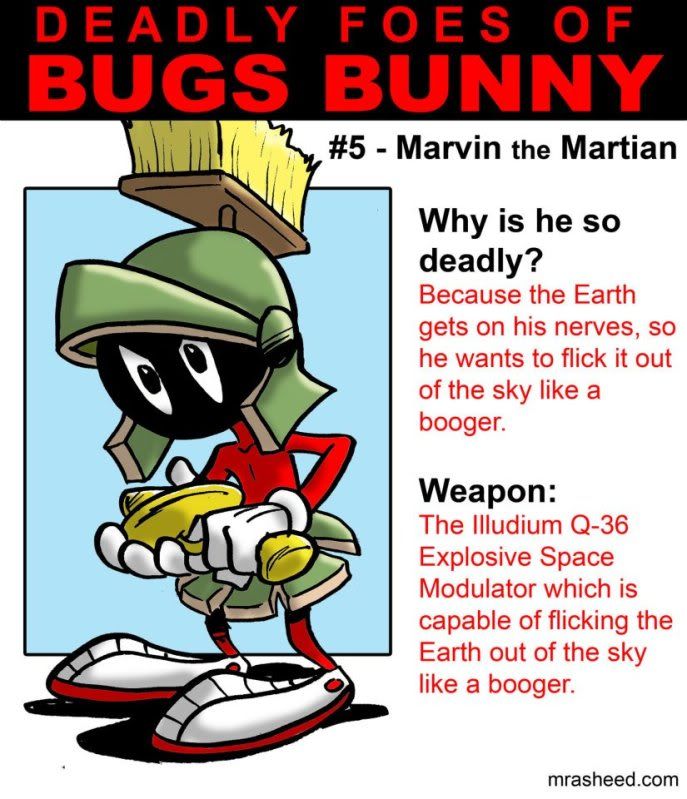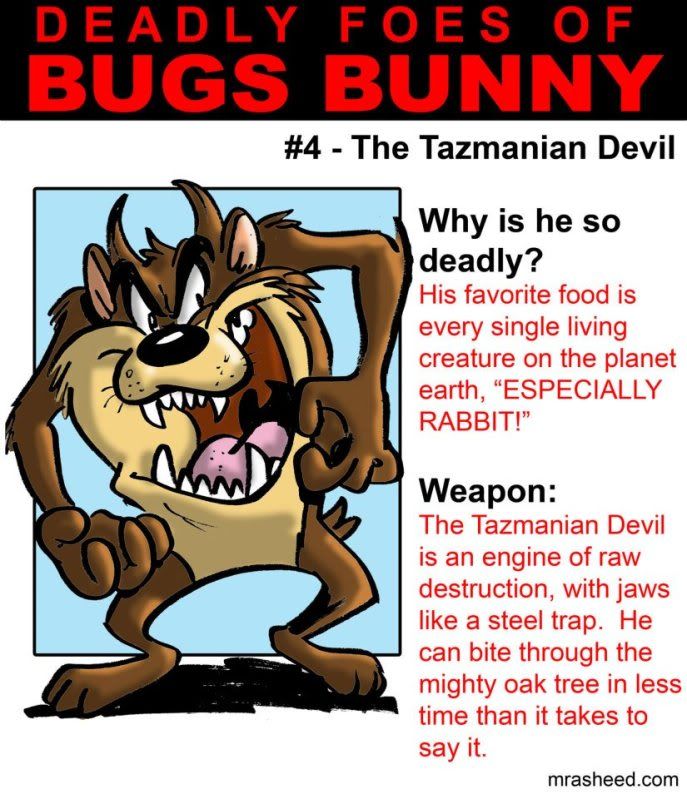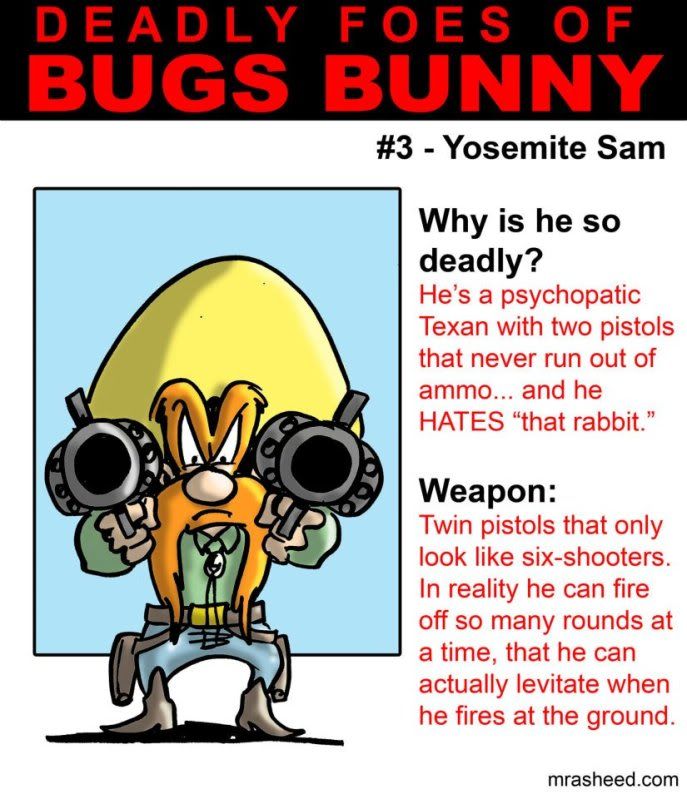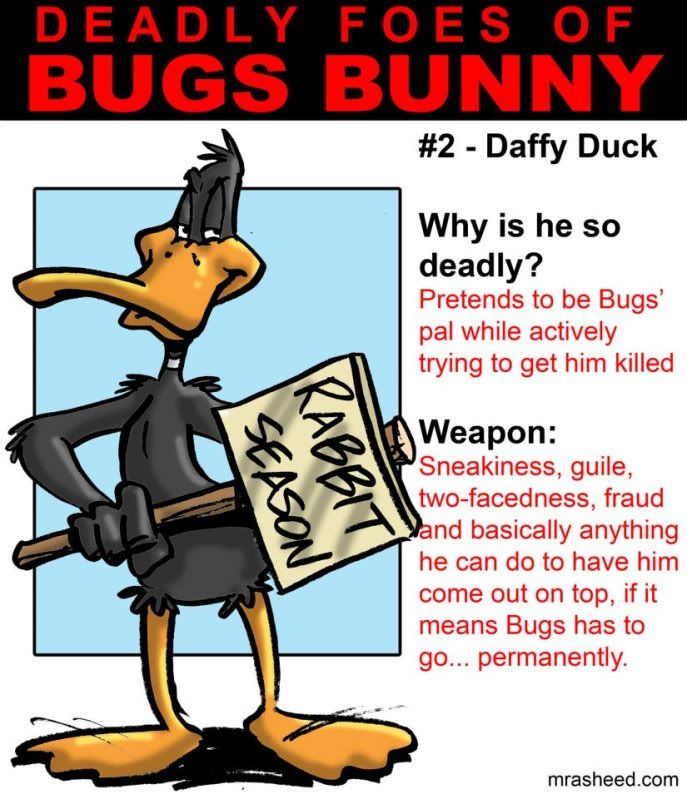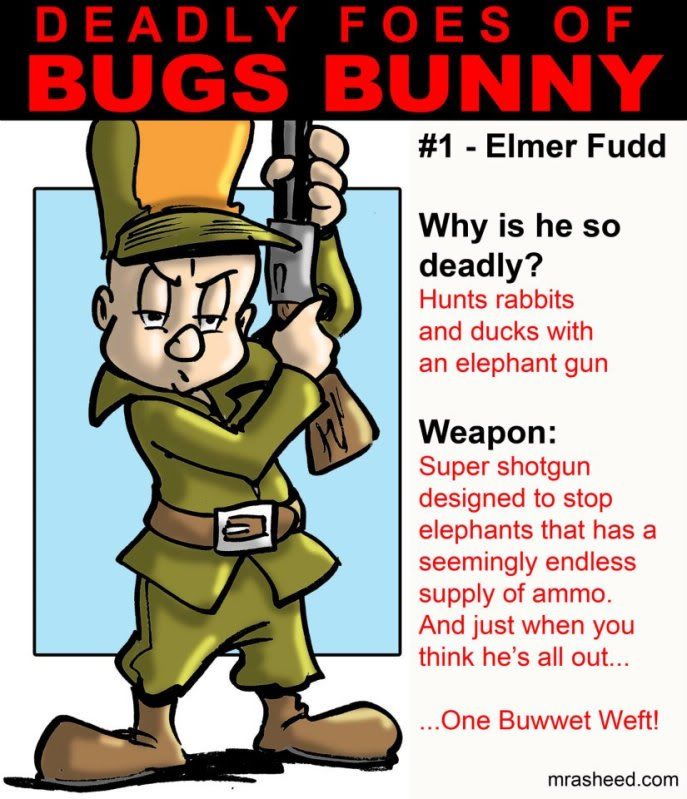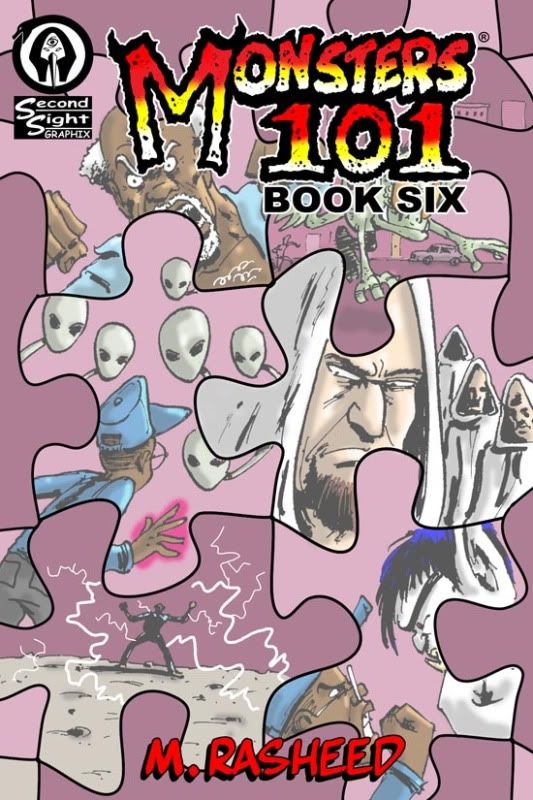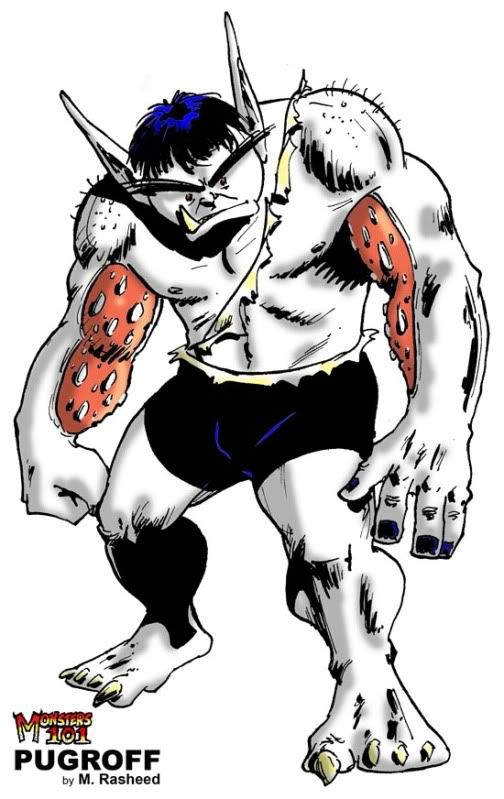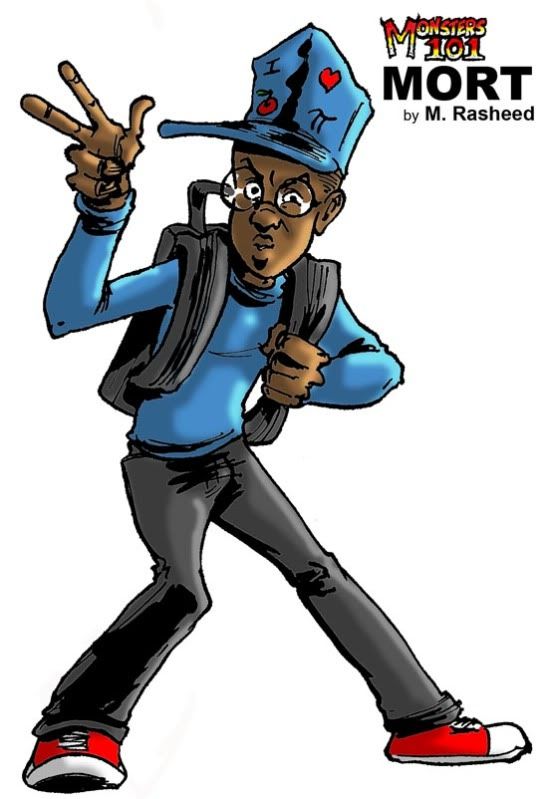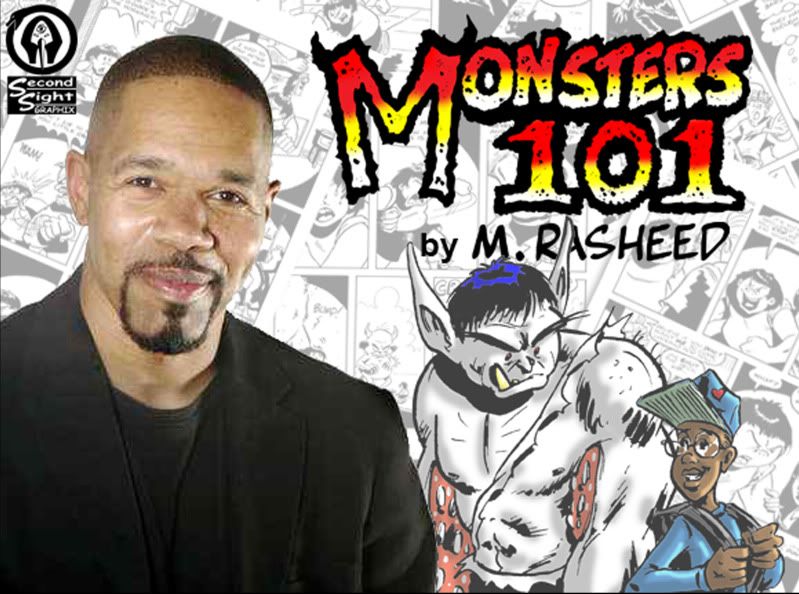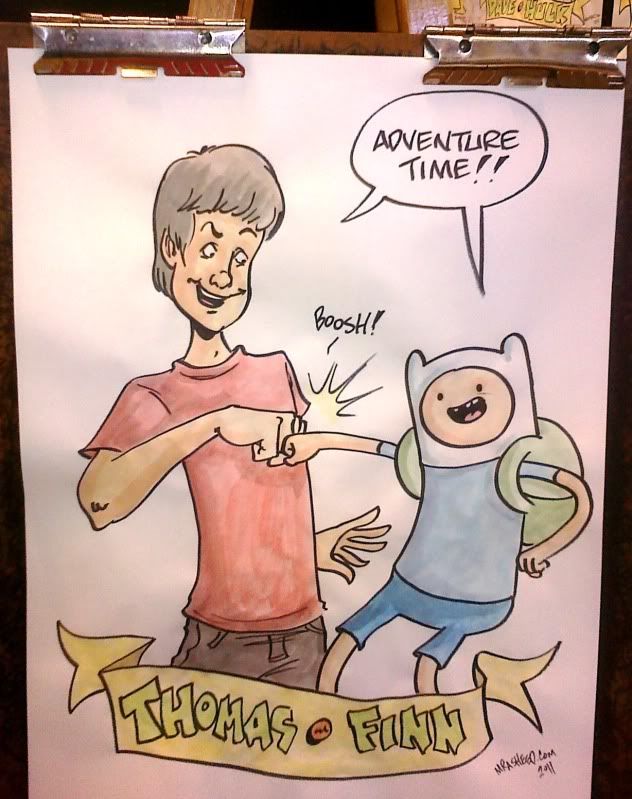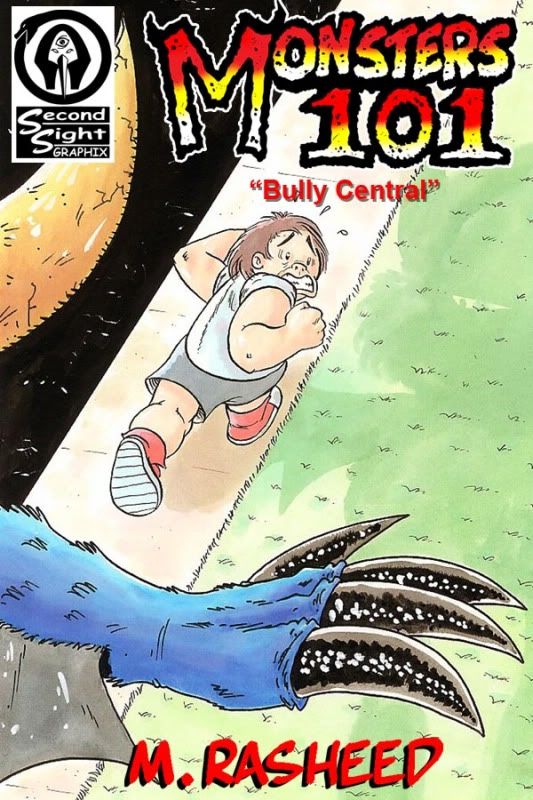Tuesday, October 25, 2011
Sunday, September 25, 2011
A Word on the Most Popular anti-Tyler Perry Critiques
My problem with Jamilah Lemieaux's criticism of Tyler Perry ("...realize that black people need new stories and new storytellers...") is that it's the equivalent of being angry at Isaac Asimov for not writing more feel-good church stories. Tyler's forte is very specific types of stories with their own stylized humor/wit with the message that he feels he needs to get to his audience. If you want to see other kinds of stories, then find the type of storyteller that makes those kinds of stories or write them yourself. I'm not going to ask Bill Cosby to star in the next Blade or be angry at him for not auditioning for it when it is so clearly not his thing. He's telling the stories he wants to tell. That's how "art" works. The artists creates what he's moved to create and the audience interprets/applies it to their own lives and experiences.
My problem with Tom Burrell's criticism of Tyler Perry ("...messages and images that project us as dysfunctional or incompetent.") is that it ignores all the positive images of black folk in Tyler's films just to make an inaccurate point. I have to consider that to be "intellectual dishonesty."
My problem with Spike Lee's criticism is the same as Burrell's.
What kind of story would it be if every single character was the upright, perfect, goody-goody that looked like Denzel and had only a very specific and limited type of comedy? That's called the over-censored death of art and creative expression.
I happen to agree 100% with what Dave Chappelle said about cross-dressing black comedians in his Oprah interview. My problem with the Perry critics who jumped onto that as a weapon against him, is that it had nothing to do with Tyler Perry or Flip Wilson. Those two used their characters as tools in their creator-owned franchises, and had nothing to do with a studio trying to pressure them into a dress like Dave described.
I was exposed to his work because I married into fans of his work, and although I prefer more speculative fiction in my entertainment (superheroes, fantasy), I do believe in everyone being able to tell their type of story/art as they see fit. I didn't have a problem with Tyler's stories, per se, and found the specific critiques against him to be ridiculously unfair and crabs-in-a-barrel-like in nature.
The problem I have with the “Perry is supporting the feminization of our Black men!” argument is that it is very similar to the argument against the Color Purple; critics say it is against black men, when it is a tale of redemption, not bashing. Tyler Perry's films are full of positive black men (usually portrayed by whoever is on the Black-male Hot List) used as the counter-foil to whoever the antagonist was. Critics make it sound as if his films are 100% lopsided when that is not the case. Like any other storyteller he introduces the conflict then resolves it, with a positive, uplifting, God-fearing, pro-marriage message.
I do understand the basic point of the argument; I think it would be impossible for any Black American creator to not have been influenced to some degree by the continuous bombardment of the Caucasian Male Dominance message, and all of our works no doubt have some degree of that taint upon them. But I believe that in this case, the very last people we should be attacking are pioneering, black businessmen who are honestly trying to uplift our community with their own art/message. Madea is not a pro-homosexual stance, but only a character in a story that represents particular traits from women who've influenced Perry over the last 41 years. There are numerous other female characters in all of his films that reflect other female traits.
My problem with Tom Burrell's criticism of Tyler Perry ("...messages and images that project us as dysfunctional or incompetent.") is that it ignores all the positive images of black folk in Tyler's films just to make an inaccurate point. I have to consider that to be "intellectual dishonesty."
My problem with Spike Lee's criticism is the same as Burrell's.
What kind of story would it be if every single character was the upright, perfect, goody-goody that looked like Denzel and had only a very specific and limited type of comedy? That's called the over-censored death of art and creative expression.
I happen to agree 100% with what Dave Chappelle said about cross-dressing black comedians in his Oprah interview. My problem with the Perry critics who jumped onto that as a weapon against him, is that it had nothing to do with Tyler Perry or Flip Wilson. Those two used their characters as tools in their creator-owned franchises, and had nothing to do with a studio trying to pressure them into a dress like Dave described.
I was exposed to his work because I married into fans of his work, and although I prefer more speculative fiction in my entertainment (superheroes, fantasy), I do believe in everyone being able to tell their type of story/art as they see fit. I didn't have a problem with Tyler's stories, per se, and found the specific critiques against him to be ridiculously unfair and crabs-in-a-barrel-like in nature.
The problem I have with the “Perry is supporting the feminization of our Black men!” argument is that it is very similar to the argument against the Color Purple; critics say it is against black men, when it is a tale of redemption, not bashing. Tyler Perry's films are full of positive black men (usually portrayed by whoever is on the Black-male Hot List) used as the counter-foil to whoever the antagonist was. Critics make it sound as if his films are 100% lopsided when that is not the case. Like any other storyteller he introduces the conflict then resolves it, with a positive, uplifting, God-fearing, pro-marriage message.
I do understand the basic point of the argument; I think it would be impossible for any Black American creator to not have been influenced to some degree by the continuous bombardment of the Caucasian Male Dominance message, and all of our works no doubt have some degree of that taint upon them. But I believe that in this case, the very last people we should be attacking are pioneering, black businessmen who are honestly trying to uplift our community with their own art/message. Madea is not a pro-homosexual stance, but only a character in a story that represents particular traits from women who've influenced Perry over the last 41 years. There are numerous other female characters in all of his films that reflect other female traits.
HOLLYWOOD STORYLINE TEMPLATE #8
Muhammad Rasheed - The black Forest Whitaker/Denzel Washington/Samuel L. Jackson is the most evil man in the universe and only the white Ethan Hawke/James McAvoy/Robert Forster can stop him. This template seems an easy way to get an Oscar nomination... in fact two of the above won. That's a very powerful message Hollywood wants to pump into the national psyche. I wonder if there's a link as to why a group of white police officers would empty their pistols into an unarmed black man.. reload... then empty them again, seemingly every two weeks or so.
An Accurate Picture of the Black American Experience
In order for a true representation of the Black American Experience to be reflected in art, each individual artist must reflect his own diverse vision of what is true. No one artist can reflect us all. 50 cent can't accurately represent me as accurately as I can myself, and vice versa.
He should create art that reflects his truth as I will mine, and as we all do so, the full mosaic of what is a Black American will come forth. Tyler Perry represents one tile on that great mosaic, as does, Spike Lee, as does, Donald Goines, as does Toni Morrison, etc. The more that each individual one of us, with their unique view through their particular eyes of what it means to be Black American gets to show their work, the more satisfied we will all be. Our Caucasian counterparts have the literal full range of their experiences reflected in art, from Queen Elizabeth and George Bush all the way to Beavis & Butthead and Red Skelton. We should unashamedly do the same.
Who we are as a people will not be accurately reflected in art, film, television, etc., until we each of us tells his/her story.
He should create art that reflects his truth as I will mine, and as we all do so, the full mosaic of what is a Black American will come forth. Tyler Perry represents one tile on that great mosaic, as does, Spike Lee, as does, Donald Goines, as does Toni Morrison, etc. The more that each individual one of us, with their unique view through their particular eyes of what it means to be Black American gets to show their work, the more satisfied we will all be. Our Caucasian counterparts have the literal full range of their experiences reflected in art, from Queen Elizabeth and George Bush all the way to Beavis & Butthead and Red Skelton. We should unashamedly do the same.
Who we are as a people will not be accurately reflected in art, film, television, etc., until we each of us tells his/her story.
Saturday, September 24, 2011
Monday, September 19, 2011
Wednesday, September 7, 2011
Sunday, September 4, 2011
News & Observer Article - M. Rasheed
http://www.newsobserver.com/2011/09/04/1456132/comic-artist-draws-on-unpleasant.html
Tuesday, June 28, 2011
Monsters 101, Book Five: "Monsters & Monarchy" (front cover)
Wall to Wall Super Action! - A surprising reveal for Pugroff in this segment when he and Tanglewood Middle School’s Principal Smith discover each others’ secret identities. It turns out that Smith is retired former crime fighter Eye of Justice, who gives the monster some sound advice on some issues that have been plaguing him. Meanwhile Azoratain the trickster dragon is both surprised and delighted that the three monsters’ quest for the legendary faerie battle axe Dragon’s Fang was successful, and he comes to steal it for himself! Proving to be easier said than done when such a weapon is wielded by the ferocious Pugroff, the wily worm enlists the aid of the former bully’s oldest foe, Cliff the Hall Monitor, who is resurrected from the grave and given enough power to enable their momentous battle to continue where it left off… with Cliff beating the heck out of Pugroff!
____________
Graphic novel
6.14” x 9.21”
Perfect binding
150 pages, b&w interiors
www.mrasheed.com
____________
Graphic novel
6.14” x 9.21”
Perfect binding
150 pages, b&w interiors
www.mrasheed.com
Thursday, April 28, 2011
Madea versus Mammy

Because black actors were only allowed to do certain roles in the beginning of American stage/screen work, modern black actors shouldn't be allowed to perform any role that may even remotely remind certain viewers of those old roles? That's unfair and over-the-top. That's not what freedom looks like. Freedom says, "Now you can perform whatever role you wish, guilt-free based on where ever your creative muse guides you. Now you are truly equal." You are trying to impose a new cage, a new Coloreds Only sign based on nothing but baggage and that's some bullsh*t. I would agree with you if Madea was wearing blackface, was a servant in a white home, shuffling when she walked, and talking like Rochester. Then sure. Shy of that then the "Madea is an offensive stereotype" argument is just as dumb as the 'birther' stance.
Madea Cartoon Study #2
Madea versus Mammy
Saturday, April 23, 2011
WILD HUNT: Secret Origins by M. Rasheed
This quick tale functions as a sneak peak of sorts for the upcoming WILD HUNT: Aspects of Death graphic novel which takes part within the expanded Monsters 101 universe.
Tuesday, April 5, 2011
Wednesday, January 5, 2011
Bully Central
Subscribe to:
Posts (Atom)



